People
Staff
 Dr. Timon McPhearson is the founding director of the Urban Systems Lab, professor at NYU Environmental Studies, and author of Nature-based Solutions for Cities. His work takes an interdisciplinary systems approach to advancing urban resilience, equity, and sustainability earning the Ecological Society of America’s Sustainability Science Award twice as well as the Innovation in Sustainability Science Award. Dr. McPhearson was named an NYC Climate Hero and was awarded the Gulbenkian Prize for Humanity as a lead author for the Intergovernmental Panel on Climate Change (IPCC). He is a Senior Research Fellow at the Cary Institute of Ecosystem Studies, Stockholm Resilience Centre, and the Beijer Institute of Ecological Economics at The Swedish Royal Academy of Sciences. He currently serves as co-chair of the NYC Panel on Climate Change. His books also including Urban Planet (2018) and Resilient Urban Futures (2021) are widely read. He advises NGOs, corporations, and policymakers on urban climate risk and resilience, has spoken to audiences at Harvard, MIT, Yale, Princeton, Columbia, and Cornell among other universities, and his research is extensively covered including in The New York Times, The Guardian, Science Friday, NBC, PBS Newshour, Voice of America, and more.
Dr. Timon McPhearson is the founding director of the Urban Systems Lab, professor at NYU Environmental Studies, and author of Nature-based Solutions for Cities. His work takes an interdisciplinary systems approach to advancing urban resilience, equity, and sustainability earning the Ecological Society of America’s Sustainability Science Award twice as well as the Innovation in Sustainability Science Award. Dr. McPhearson was named an NYC Climate Hero and was awarded the Gulbenkian Prize for Humanity as a lead author for the Intergovernmental Panel on Climate Change (IPCC). He is a Senior Research Fellow at the Cary Institute of Ecosystem Studies, Stockholm Resilience Centre, and the Beijer Institute of Ecological Economics at The Swedish Royal Academy of Sciences. He currently serves as co-chair of the NYC Panel on Climate Change. His books also including Urban Planet (2018) and Resilient Urban Futures (2021) are widely read. He advises NGOs, corporations, and policymakers on urban climate risk and resilience, has spoken to audiences at Harvard, MIT, Yale, Princeton, Columbia, and Cornell among other universities, and his research is extensively covered including in The New York Times, The Guardian, Science Friday, NBC, PBS Newshour, Voice of America, and more.
Follow him on ResearchGate, Google Scholar, and LinkedIn. Download his CV here.

Christopher Kennedy is Associate Director at the Urban Systems Lab at New York University and lecturer in the Parsons School of Design. As a senior research scientist, Kennedy’s work focuses on advancing climate resilience and adaptation in urban areas, and the effective implementation of nature-based solutions and community-based planning. Kennedy holds a BS in Environmental Engineering from Rensselaer Polytechnic Institute, an MA in Environmental Conservation Education from NYU, and a PhD in Educational Leadership and Management from the University of North Carolina. LinkedIn
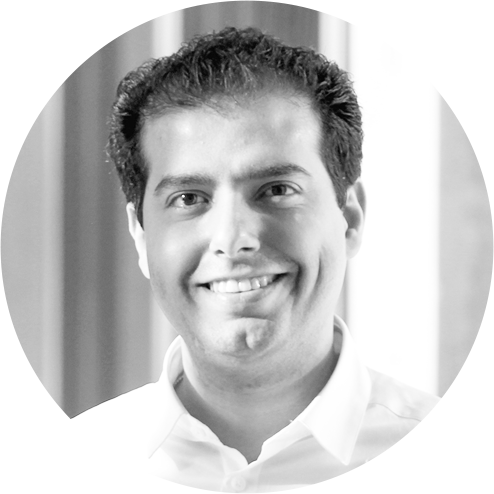
Ahmed Mustafa is the Senior Research Scientist at the Urban Systems Lab. His work focuses on scenario modeling for several National Science Foundation funded projects. He develops and implements computational models to simulate possible spatial patterns of future cities.
Ahmed received his Ph.D. in Engineering and Technology in 2018 from the University of Liège in Belgium. His research, teaching, and community engagement center on the development and application of modeling and simulation tools for exploring urban systems, land use change, and transport. In addition, Ahmed has acquired experience in the industry, which he gained from working as a GIS expert for multinational companies.
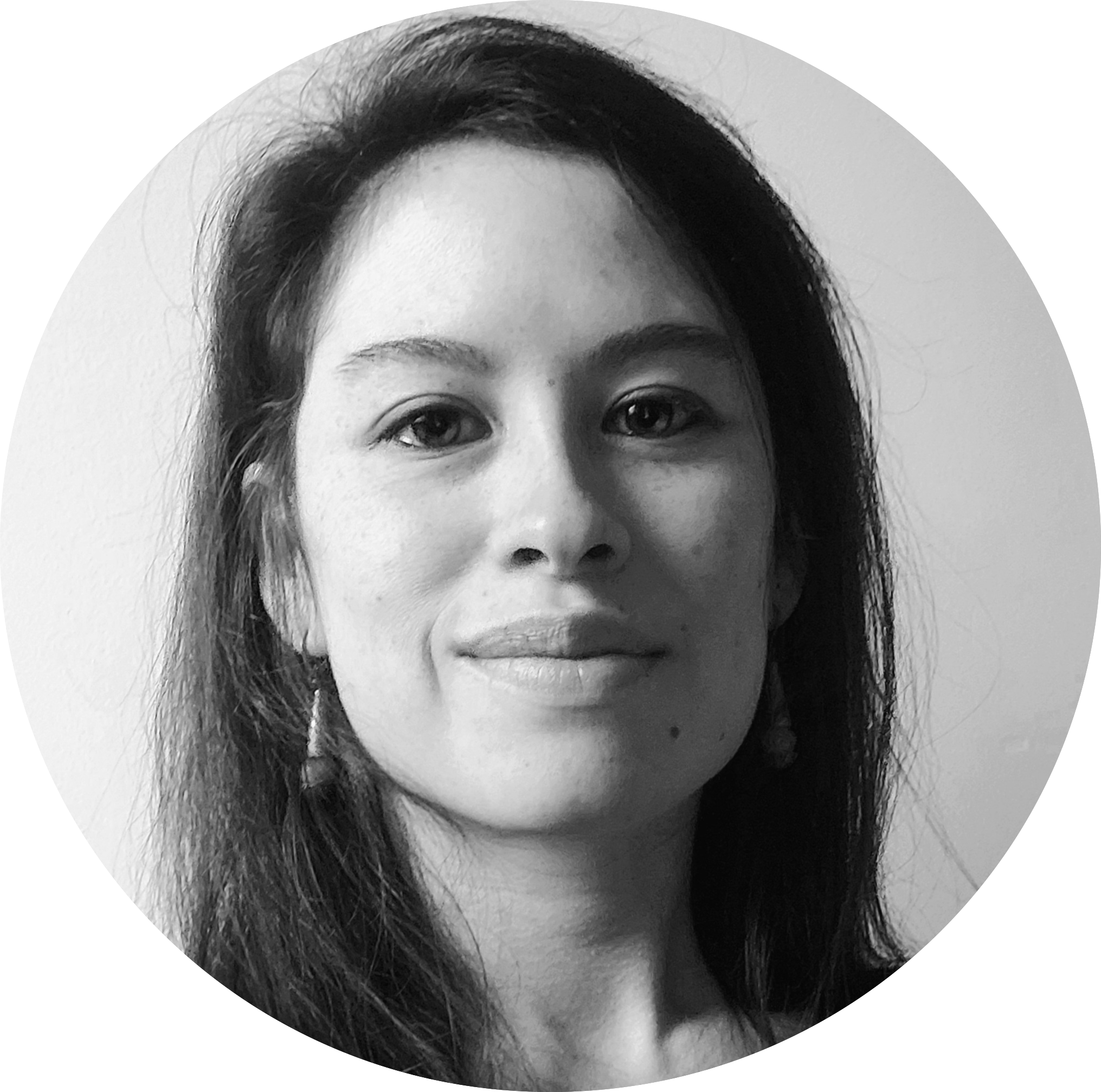
Loan Diep is the Assistant Director of Urban Biodiversity and Nature-based Solutions Research. She bridges the worlds of academic research, policy development, and urban practice to promote the systemic integration of nature in city planning. Drawing on her experience with global networks, she facilitates knowledge exchange and supports the co-creation and scaling of evidence-based strategies. Loan's personal research explores the intersection of urban nature, environmental justice, and water services in informal settlements. Loan holds a PhD in Urban Studies, an MSc in Environment and Sustainable Development, and a BSc in Environmental Geography from University College London (UCL). LinkedIn.

Madhavi Jain is a Research Scientist in the Department of Environmental Studies at New York University, where her work centers on climate modeling, with a particular focus on urban heat exposure and the use of high-resolution, physics-based atmospheric models. At the Urban Systems Lab, Madhavi leads modeling efforts for ClimateIQ, applying the Weather Research and Forecasting (WRF) model to simulate urban heat dynamics in cities around the world. Her research integrates climate modeling with advanced data analytics and the development of large-scale datasets to support extreme heat hazard assessment and urban decision-making. She brings expertise in high-performance computing and the Google Cloud Platform, enabling efficient handling of computationally intensive climate simulations. Madhavi holds a Ph.D. in Environmental Sciences from Jawaharlal Nehru University (JNU), Delhi, India, where her dissertation explored the impacts of urbanization on localized weather patterns. She also earned an M.Sc. in Environmental Studies and a B.Sc. in Physics (Honors) from Delhi University. LinkedIn, Google Scholar.
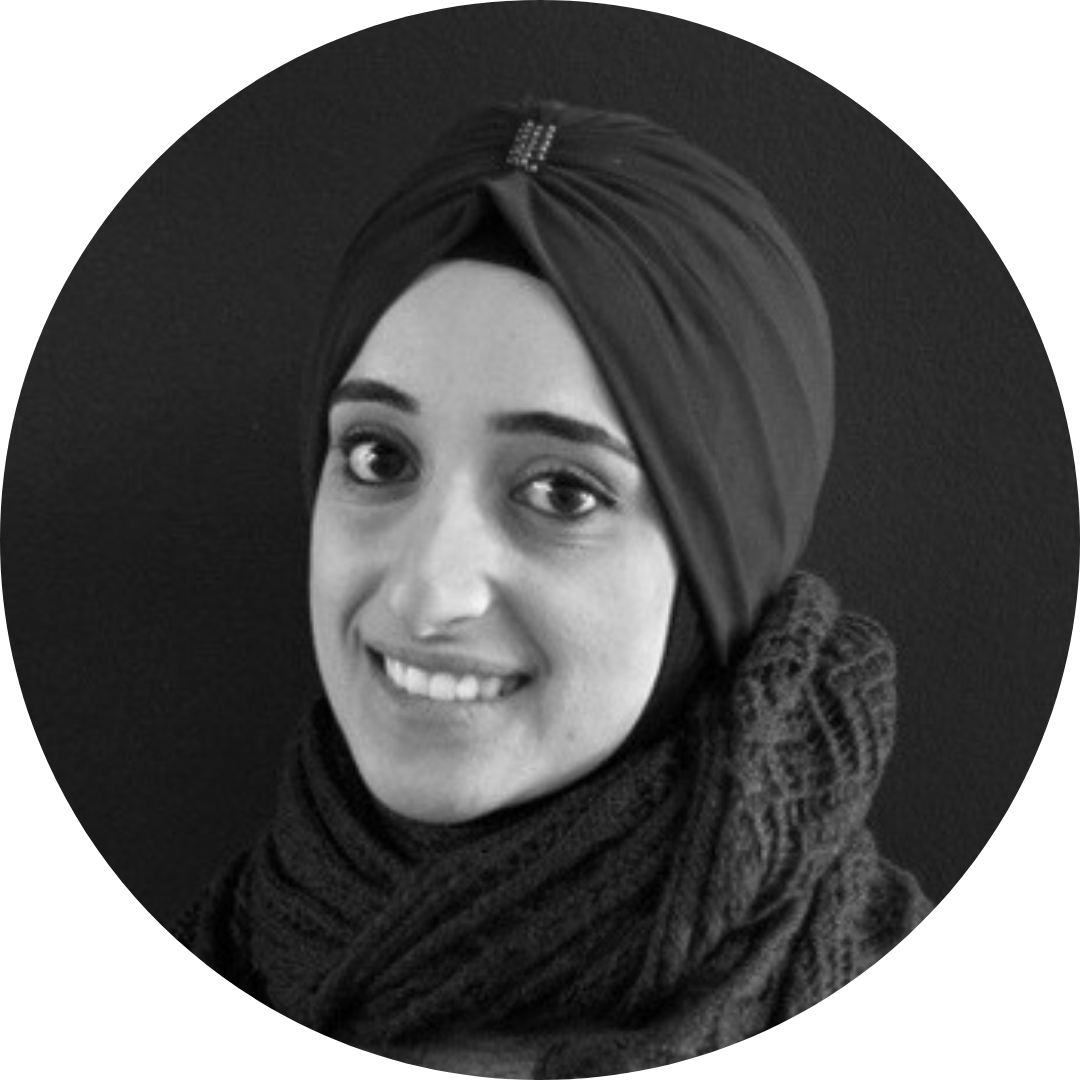
Sally El Hajjar was born in Lebanon the mid-nineties. She received the diploma of Electromechanical Engineer form the Saint-Joseph University in 2018, and the M.S. of Renewable Energy degree in 2019 from the Saint-Joseph University and the Lebanese University, Beirut, Lebanon, and her Ph.D. degree in 2022 from University of the Basque country, Spain, in computer science. She also worked as a research associate at the Luxembourg Institute of Socio-Economic Research (LISER). Her current research interests include pattern recognition, contribution to Multiview clustering, machine learning, deep learning, cellular automata, and various computer science applications.
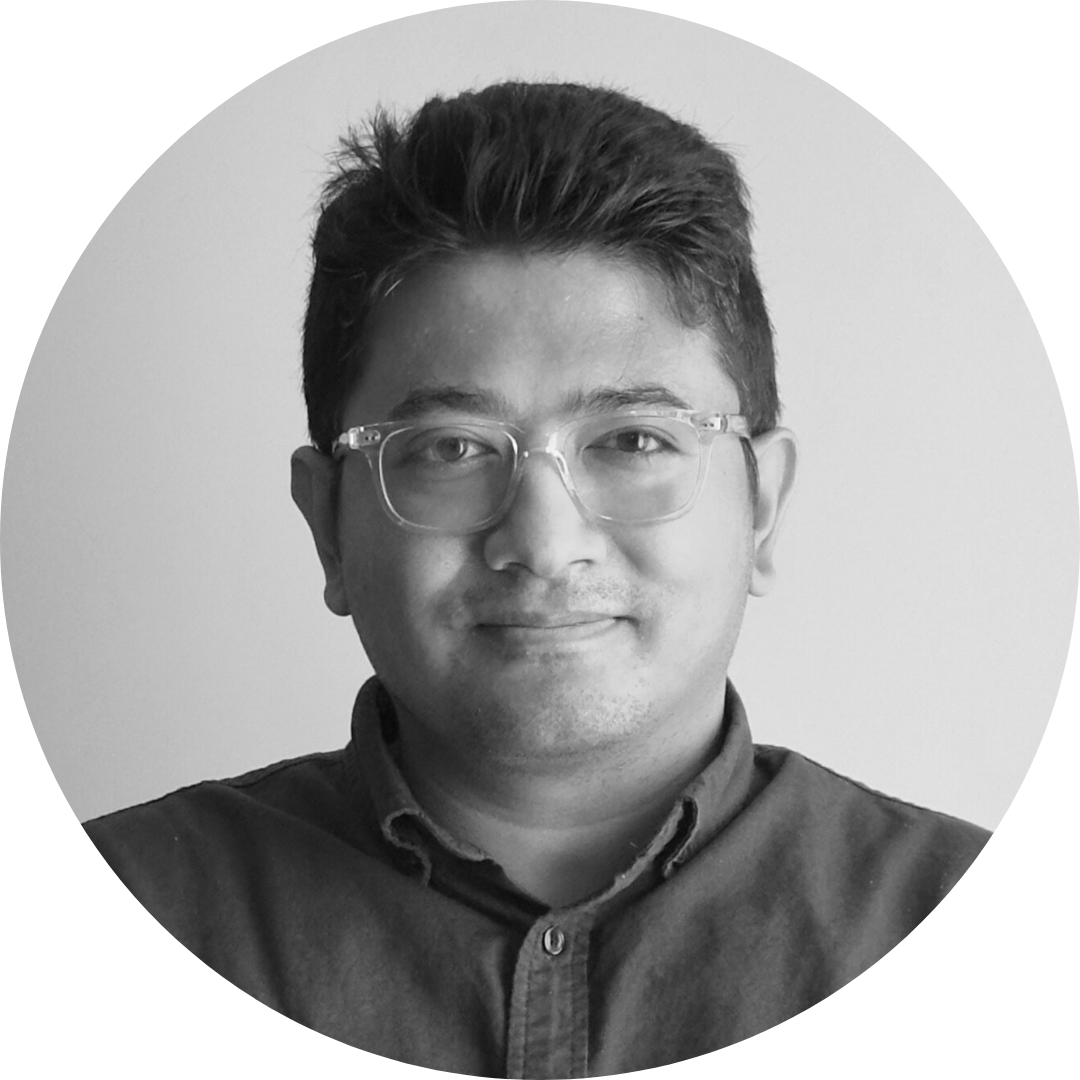
Ashish is a Water and Environmental Engineer with a Ph.D. in Civil, Environmental, and Sustainable Engineering from Arizona State University. Prior to joining USL, he completed his postdoctoral research in the Department of Systems Engineering and Management at the Air Force Institute of Technology in Ohio. His research focuses on water and environmental systems, including urban and natural watershed hydrology, water systems modeling, hydrodynamics, hydroinformatics, sustainability and resilience, systems science, geographic information systems, computational methods, numerical modeling, infrastructure adaptation, and environmental engineering. His work centers on advancing modeling techniques, tools, and decision-support frameworks to address the complex challenges of planning, managing, and adapting water infrastructure in a changing world. He is dedicated to bridging the gap between science, policy, and practice. LinkedIn, Github.
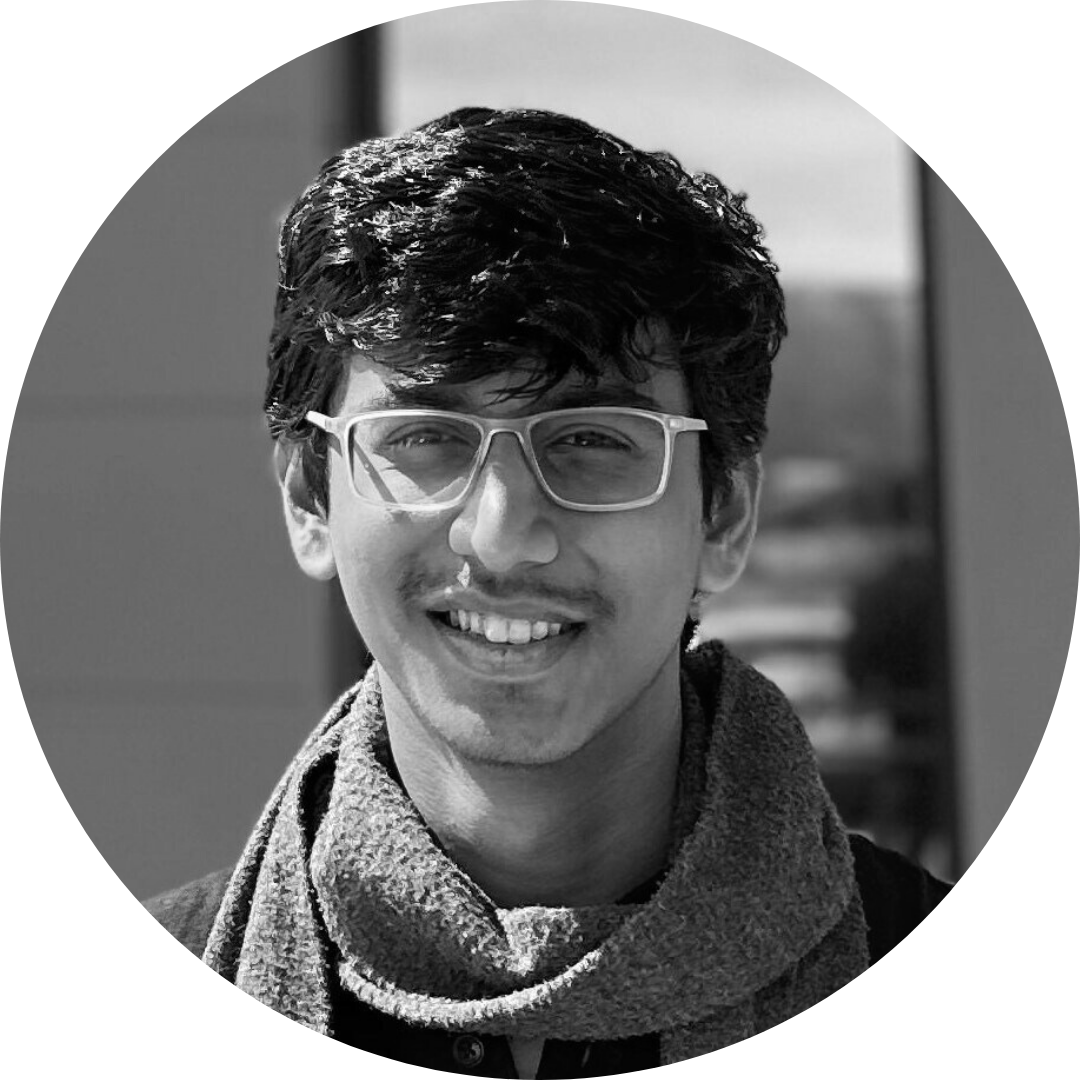
Rajan Jain is a Senior Laboratory Associate in Software Engineering, holding a Master’s degree in Information Technology from Arizona State University and a Bachelor’s degree from Gujarat Technological University in India. He has experience in software development, frontend engineering, and data pipeline design. His work focuses on building web-based tools that integrate AI models and spatial data for climate risk analysis. Rajan leads the development of ClimateIQ’s frontend architecture, designs cloud-based data pipelines, and implements scalable systems for environmental data visualization and processing. As a former Research Assistant, he contributed to projects involving AQI and weather datasets, with an emphasis on climate data analysis and interactive visualization. LinkedIn

Joe is a software technician at the Urban Systems Lab. He has several years of industry and research experience as a full stack software engineer, specializing in data visualization, particularly within geospatial analysis. He has contributed to the Ocellus family of applications and platforms at the lab, and is interested in how software systems embed within and feed back into social/ecological contexts and the built environment. He has a Bachelors in Computer Science/Philosophy from McGill University and an MS in Data Visualization from Parsons.

Lakshmi Vinay Vupparapally is a Research Fellow Associate in Machine Learning at the Urban Systems Lab, where he contributes to the ClimateIQ project by developing and deploying AI models that make climate data more actionable for cities. He holds a Master’s degree in Artificial Intelligence from the University at Buffalo, State University of New York, and a Bachelor’s degree in Electronics and Communications Engineering. With a passion for applying machine learning and data engineering to real-world challenges, Vinay focuses on building scalable systems, optimizing data pipelines, and using cloud-based tools to transform complex climate datasets into insights that can support climate resilience and sustainable urban futures.

Lenna Johnsen is a Senior Laboratory Associate at the Urban Systems Lab, where she provides research and administrative support for projects. Formerly at MIT’s Senseable City Lab, MIT’s Urban Risk Lab, and the University of Minnesota’s Water Resources Center, she has years of experience in academic research as well as proposal writing and placemaking consulting. She has a master’s degree in city planning from MIT and a bachelor’s of design degree in architecture from the University of Minnesota. LinkedIn
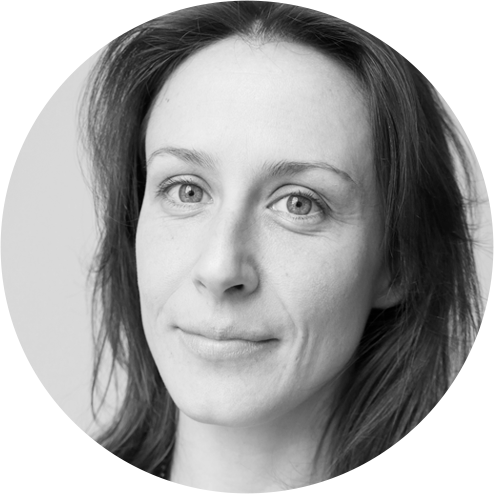
Veronica Olivotto is an associate research scientist at the Urban Systems Lab, leading program evaluation efforts for the NATURA project. She is also a planned relocation expert at the Zolberg Institute of Migration and Mobility at the New School. Her research interests concern how to plan for climate adaptation, especially managed retreat, while accounting for how this policy intersects with dimensions justices in coastal environments. In the past Veronica worked on climate adaptation decision making at the Institute for Housing and Urban Development Studies (IHS) in Rotterdam (The Netherlands). Veronica holds a Ph.D. in public and urban policy from The New School and a master's in urban development from Erasmus University Rotterdam (The Netherlands). She co-runs Moffat St Community Garden in Bushwick, Brooklyn. LinkedIn.

Eric Bonner is a research associate concentrating on user experience research for ClimateIQ. He holds a bachelor’s of arts degree in Urban Studies from The New School University with a minor in environmental studies. His degree focused on climate resilience in cities and suburbs. Eric’s research explores urban typology frameworks and the impact of place attachment/identity on community perceptions of risk and hazard adaptation and mitigation efforts. LinkedIn.
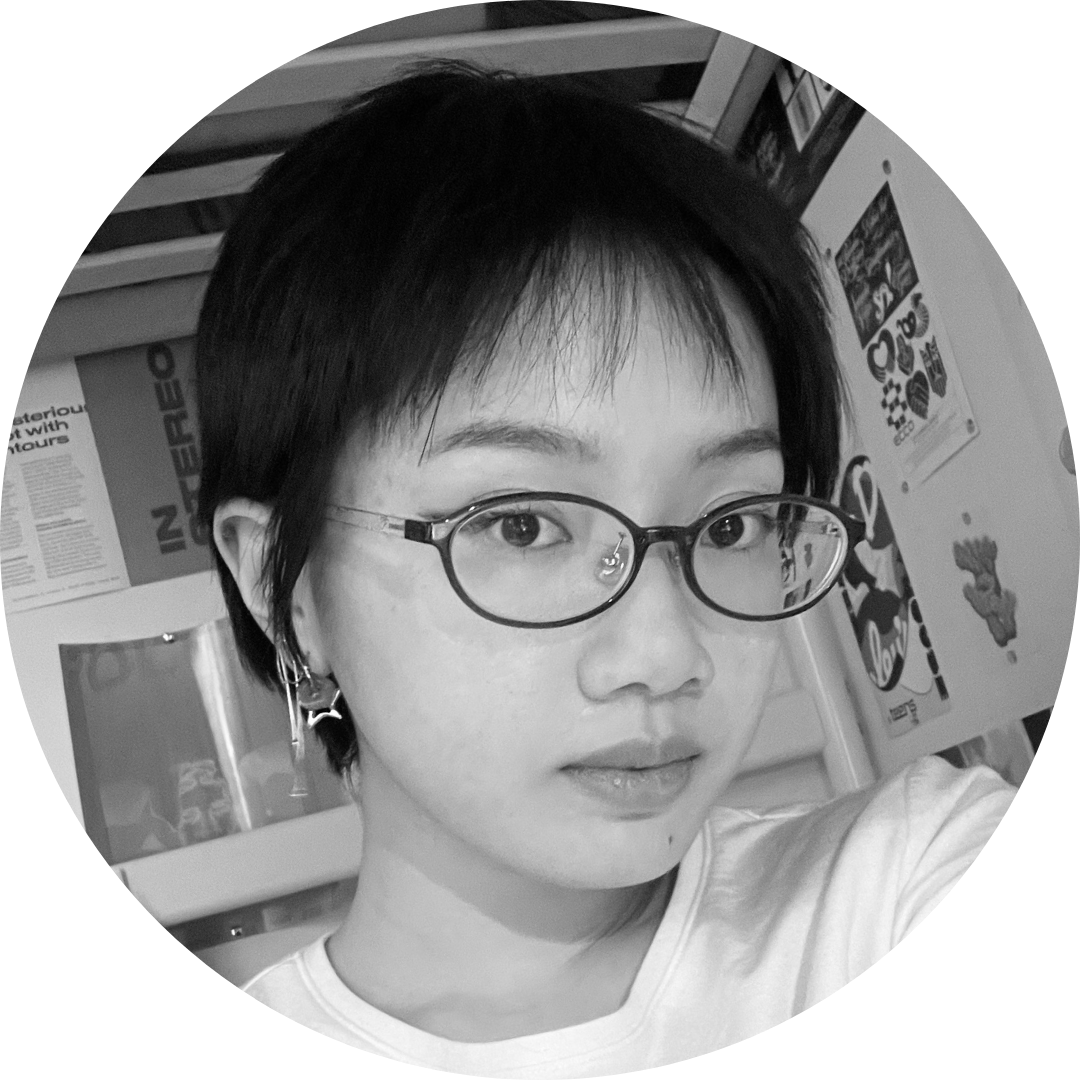
Phuong Anh (Anna) Bui, a rising senior at Parsons School of Design, is pursuing a major in Communication Design and a minor in Interdisciplinary Science at Eugene Lang College of Liberal Arts. Her design practice is driven by a deep commitment to making data and information accessible to all, with the goal of informing, persuading, and inspiring action. Anna has extensive experience crafting brand identities and web-based experiences for climate-focused non-profit organizations, including the Vietnamese Youth Cooperation Organization, Youth4Climate Vietnam, Climate Change Learning Hub, and GIN Habitat for Humanity.

Arshya is a senior in the Design and Technology program at Parsons School of Design and minoring in Data Visualisation. She spends all her time making, planning and thinking about video games. Her main focus through her work is about playful interactivity, and her life motto is “A storyteller by heart and a coder by craft”. Oh, she also reads a ton of books!

Natalie Pierson is a Research Coordinator at the Urban Systems Lab, where she has worked since 2022. She works primarily on the NSF-funded NATURA Global Roadmap project, focusing on literature review methodology, analysis, and team coordination to advance understanding of urban Nature-based Solutions (NbS) knowledge, gaps, and opportunities globally. Natalie also contributes to the GoGreenNext project, helping transform the board game Ekos into a digital game that highlights the role of NbS in urban health. In addition, she supports the United By Nature initiative through literature review methodology on “Bright Spots in Nature,” a project that highlights the successes of nature conservation and restoration across the United States. Natalie is passionate about urban environmental health and how the effects of climate change impact the well-being of city residents, particularly how protecting and restoring nature can help mitigate those health risks. She holds a BA in Interdisciplinary Science and Environmental Studies from The New School and will begin her MS in Environmental Health Sciences with a concentration in Environmental Toxicology at NYU in Fall 2025. LinkedIn.

Raffaello Khan Agustin is a third-year undergraduate student at NYU Abu Dhabi majoring in Social Research and Public Policy. His research interests are on Filipino migration and return, focusing on how education, policy, and state programs shape the mobility decisions of the skilled diaspora. Beyond migration, his broader interests lie in how mobility, knowledge, and governance intersect to shape equitable development and innovation in postcolonial contexts. He also serves as the Editor-in-Chief of the NYUAD Journal of Social Sciences and facilitates youth-centered programs that foster research, dialogue, and social impact. LinkedIn.
Visiting Scholars
)
Jie Cao is a postdoctoral researcher at the State Key Laboratory of Urban and Regional Ecology, Research Center for Eco-Environmental Sciences, Chinese Academy of Sciences, Beijing, China. Cao’s research focuses on the ecological effects of urbanization, particularly the synergistic impacts of climate change and urbanization on urban heat environments. She adopts a socio-ecological systems perspective, exploring population and spatial disparities in environmental exposure, and seeks to investigate the potential of nature-based solutions in improving both the environment and environmental equity. Her current work examines the spatial-temporal heterogeneity of temperature and its effects on human health, as well as the cooling effects and health benefits of urban trees at the intra-urban scale. She holds a BE in Environmental Engineering from Shandong University, and a PhD in Urban Ecology from the University of Science and Technology of China.

Anna Kramer is visiting scholar at the Urban Systems Lab and advises on the ClimateIQ initiative. Anna has several years of experience in engineering consulting, where she utilized data to inform the development of ecological and resilient infrastructure. She continues to work directly with clients to solve climate-related issues and attract funding for resilience measures. Anna has extensive experience working with open-source spatial data and recently developed a coastal flooding risk index for communities in New York City. She holds a bachelors degree from Cooper Union and a masters degree from NYU Tandon School of Engineering.
PhD Students

Ivonne Serna is an environmental researcher and policy specialist focused on environmental justice at the intersections of urban adaptation and climate mobility. She is pursuing her Ph.D. in Environmental Studies at New York University, with a regional focus on Latin America. She has worked with the United Nations Environment Programme (Climate and Clean Air Coalition), The Nature Conservancy, and the National Geographic Society's Pristine Seas initiative. In 2024, she represented Mexico as lead negotiator on Just Transition and Response Measures at COP29 under the UNFCCC. She is also a former delegate of IOM and the Global Centre for Climate Mobility, where she helped launch the Latin America and Caribbean Climate Mobility Youth Forum. Alongside research, Ivonne advances climate action through documentary film. She co-directed "Enraizados", an award-winning short on Indigenous forest governance in Mexico, and is currently co-directing "Green Gold", a feature documentary on land defense. Her films have been supported by The Redford Center, Alter-Ciné Foundation, and Creative Europe MEDIA, broadcast on PBS, and screened at international festivals including Mountainfilm and Shorts México. She is an alumna of the Documentary Campus Masterschool and holds a degree in Environmental Studies and Political Science from Middlebury College. LinkedIn | Portfolio

Pablo Herreros studied environmental engineering at the Polytechnic University of Madrid, Spain, where he specialized in environmental impact assessment. Interested in using his knowledge of Geographic Information Systems and ecology for the benefit of society, he moved to Wageningen University in the Netherlands to complete an MSc in urban environmental management. He is now applying socio-ecological analysis to urban ecosystem services and environmental risks, with special focus on their spatial attributes and their links to social justice. He aims to provide policymakers with evidence-based information for spatial planning and design.

Julie Syversen is a Ph.D. Candidate in Public and Urban Policy at The New School. Her research focuses on integrating urban resilience and climate justice into disaster recovery processes under the supervision of Professor Timon McPhearson. Julie holds a Master's Degree in Disaster Resilience and Sustainable Development from the University of Newcastle (Australia) and a Bachelor's Degree in Societal Safety and Environment from the Arctic University of Norway, UiT. Currently, she is a Research Assistant at the Tishman Environment and Design Center. Prior to her Ph.D., Julie worked as a societal safety and sustainability consultant at Norconsult. In this role, she collaborated with local, regional, and national government agencies in Norway to develop and implement policies and plans for DRR and CCA. Julie has also contributed her expertise to various UN agencies, including UNDRR, UNESCAP, and UN Women.
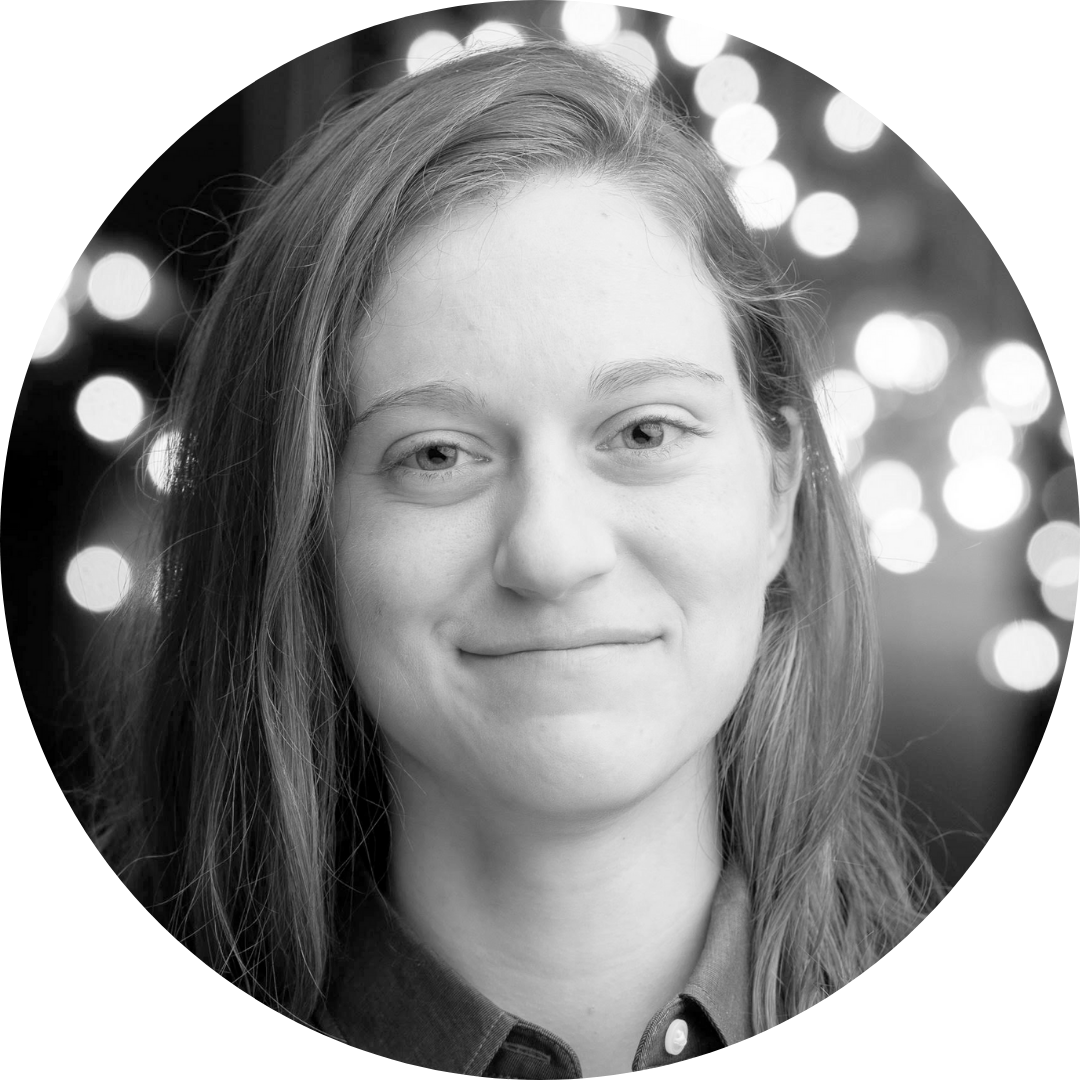
Mallory Rutigliano is a sustainability expert based in New York. Mallory works on climate resiliency for the NYC Mayor's Office of Management and Budget, contributing to the city's Climate Budgeting initiative. Mallory is also the vice chair for the New York chapter of the Sierra Club, and chairs committees on environmental education and the Hudson River estuary, among other positions. Mallory previously conducted sustainable finance research at BloombergNEF on topics such as global policy, fossil fuel divestment, and green bonds. Mallory also has a background in behavioral health research focused on addressing health disparities, alongside the environmental and biological sciences with an emphasis on policy. Mallory earned her MPA in Environmental Science and Policy from Columbia University and her BA in Biology and Psychology from Dartmouth College. She is currently a doctoral candidate in the Public and Urban Policy program at The New School, focusing on food systems.

Sofya is an urban researcher and designer focusing on the nexus between social, environmental, and historical connections in post-industrial spaces. Currently, she is a Ph.D. Student at The New School with a major in Public and Urban Policy and a minor in Design and Urban Justice affiliated with Parsons School of Design. Sofya’s research aims at creating a space-making program for post-industrial waterscapes, with a particular goal of achieving water resilience, blue-green infrastructure implementation, and preserving cultural heritage. She worked as a landscape architect and researcher in Israel, creating sustainable solutions to areas with a high risk of flooding. She started her academic career with research on ex-Soviet single-industry towns’ environmental and cultural challenges, published several articles, and participated in international conferences in Australia, the UK, the USA, and Canada. As an urban designer, Sofya became a winner of international competitions in environmental and architectural design. Within the Urban Systems Labs team, she is involved in developing the Coastal Flood Vulnerability Index for New York City.

Bart Orr is a PhD student in Public and Urban Policy at the New School. He is interested in the relationship between climate change adaptation and resilience policies and socioeconomic inequality. He is also a member of the Global Urban Futures project at the New School.
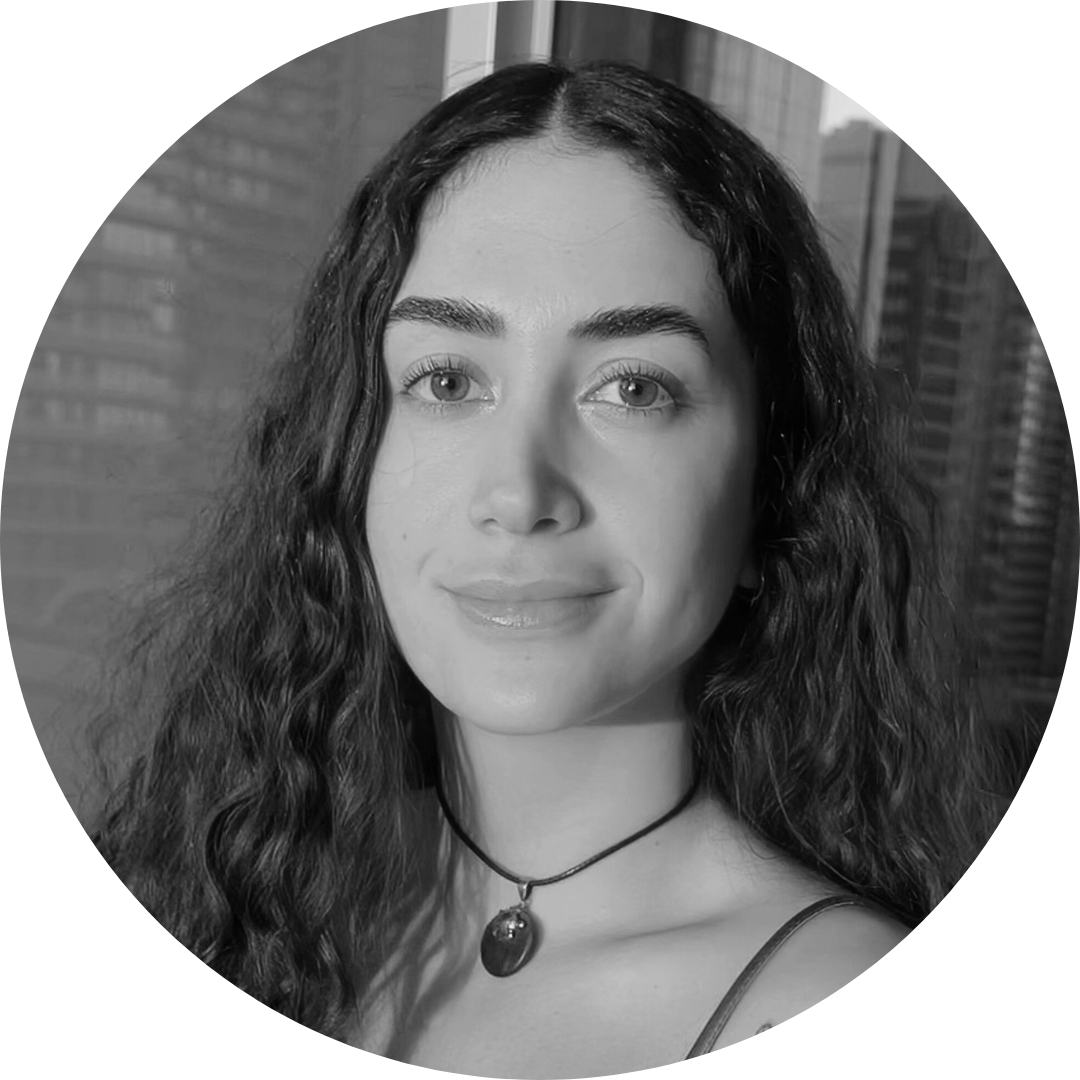
Carole is a research assistant at the Urban Systems Lab, contributing to the NATURA global roadmap project. Her research interests are at the intersection of solidarity economics—emphasizing community stewardship and the decommodification of land and property—and climate justice in a post-capitalist world. Her graduate thesis explored community-led adaptive reuse as a form of vernacular resilience in New York City. Outside of academia, Carole has eight years of experience in the data and technology sector as a technical product manager and data governance specialist. She has collaborated with government organizations like Ontario Power Generation and non-profits such as the Alliance for Innovative Regulation and the Inter-American Development Bank. Notably, she led the design of a techsprint aimed at enhancing government transparency and combating corruption in public spending across Latin America and the Caribbean. She holds a Master of Management Analytics from Queen’s University, an MSc in Ecological Economics from the University of Edinburgh, and is currently a PhD student in the Urban and Public Policy program at The New School.
Past Members
DIRECTORS
Daniel Sauter
Valerie Lechene
Staff & Research Fellows
Jill Corson Lake
Pauline Munga
Claudia Tomateo
FACULTY FELLOWS
Elizabeth Cook
Rositsa T. Ilieva
Erik Andersson
Zbigniew Grabowski
Chris Woebken
Debra Anderson McGrory
Karim Ahmed
Aaron Hill
Andrea Marpillero-Colomina
Tommy CheMou Yang
Anna Fisyak
Bhawani Venkataraman
Rocio Carrero
Postdoctoral Fellows
Luis Ortiz
Khila Dahal
Peleg Kremer
Richard Karty
Sanpisa Sritrairat
Yaella Depietri
Peter Sigrist
Bianca Lopez
Yeowon Kim
Luis Ortiz
Research Assistants & ASSOCIATES
Jaskirat Randhawa
Jason Mandel
Chrissy Remein
Ruchika Lodha
Qi Yang
Sarah Kontos
Saloni Shah
Yahnze Wu
Peilu Fan
Wes Thomason
Emily Bowe
John Outwater
Jeremy Odell
Frankie Ackerman
Chella Strong
Jiray Avedisian
Xinyue Elena Peng
Nam Pham
Emma Holtzman
Solene Shandrow
STUDENT ASSISTANTS
Ryann Abunuwara
Emma Jane Geisler
Max Scott
Maria Llona Garcia
Chandler Louden
PhD Students
Jen Ventrella
Ishita Raman
Filipa Grilo
Toni Castro-Cosío
Zoé Hamstead
Hildegaard Link
Jing Wang
Neele Larondelle
Katharina Hölscher
Mayumi Hirye
Avigail Vantu
Katinka Wijsman
Belen Fodde
Rory Curtin
Audrey Jenkins
Masters Students
Elsa Velasco Valdés
Aucher Serr
Christina Puzzolo
Cheryl Bennett
Allison Molinaro
Nour Zein
Juno Garrah
Visiting Scholars & Fellows
Eliška Lorencová
Clair Cooper
Nuala Flood (Fulbright Scholar)
Alex Putzer
Melissa Ingaruca Moreno
María Ruiz de Gopegui Aramburu (Fulbright Scholar)
Alannah Hofemeier
Livia Shamir
Yves Räth
Charlotte Stijnen
Alex Springer
Shahryar Sarabi
UNDERGRAD STUDENTS
Madeline Balitona
Isabella Marinho
Kate Bilezekian
Julia St. Clair
Madeline Balintona
Ana Correa do lago